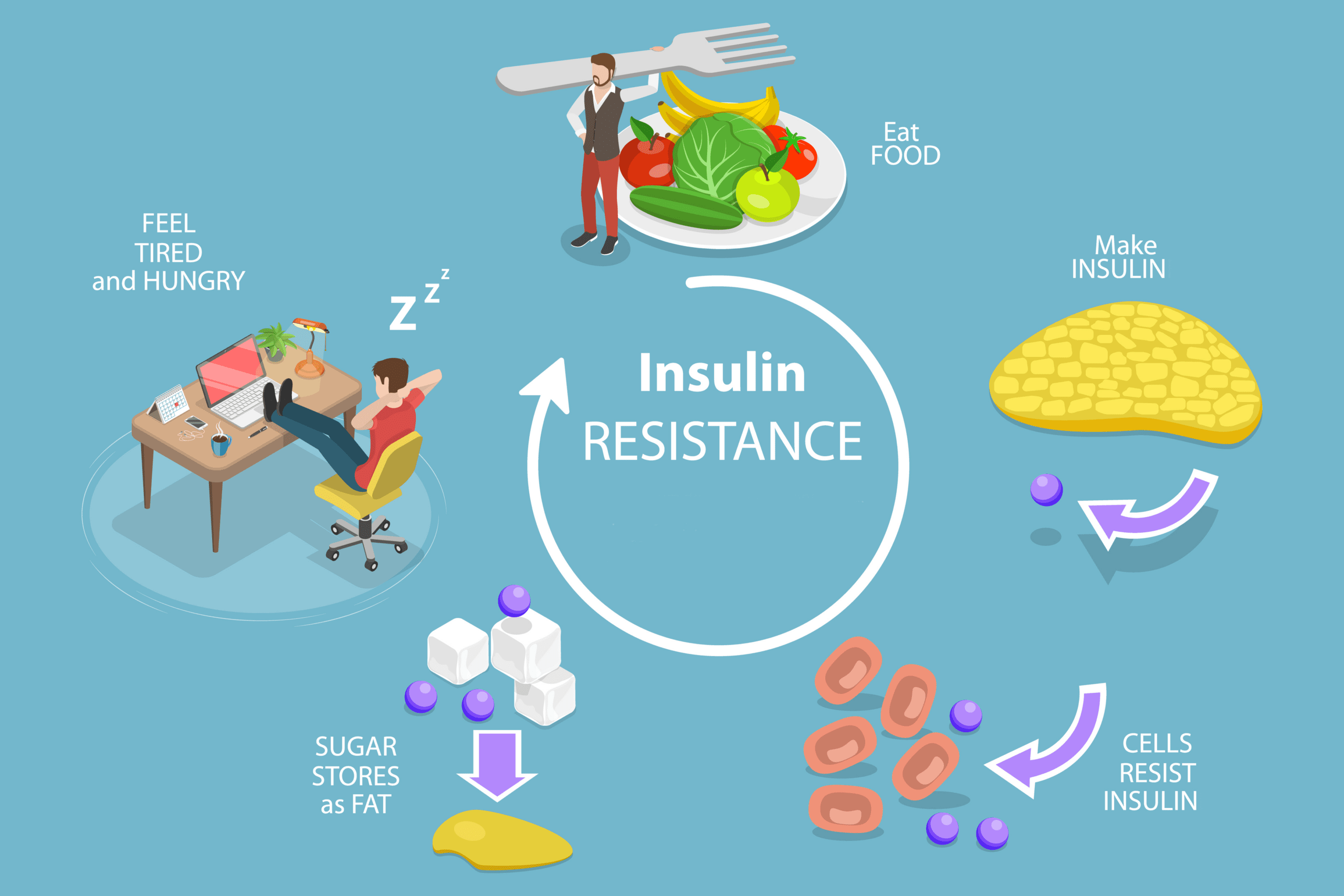By naturopath Margaret Jasinska
Do you know what your resting heart rate is? Perhaps the last time you measured it was during PE classes in high school. Interestingly, new research published in the International Journal of Epidemiology has discovered that a faster heart rate may mean you are at greater risk of developing type 2 diabetes.
Your resting heart rate is a measure of how many times your heart beats each minute. According to this new research, the more often it beats, the higher your blood sugar is likely to be. Resting heart rate is also a measure of your overall fitness. Slim and fit people usually have a slower heart rate because their heart is more efficient at pumping blood; therefore it doesn’t have to beat as often. If the heart is weaker, or a person is overweight, the heart needs to beat more often to try and pump blood around the body.
According to US researcher Dr Xiang Gao, from Pennsylvania state university, “We found participants with faster heart rates, suggesting lower automatic function, had increased risk of diabetes, pre-diabetes and conversion from pre-diabetes to diabetes.“Each additional 10 beats per minute was associated with 23% increased risk of diabetes, similar to the effects of a 3kg-per-sq-m increase in body mass index (BMI).”
So that means if you have a faster heart rate you are more likely to have syndrome X, and more likely to progress from syndrome X to type 2 diabetes at a faster pace.
How to measure your resting heart rate
The easiest way is to find your pulse and count how many times it beats for one minute. It is best to do this shortly after you’ve woken in the morning, while still lying in bed. Alternatively you can do it any other time of the day, as long as you’ve been sitting down and resting for a while. Caffeine can speed up your heart rate, so don’t measure it after drinking tea, coffee, or other caffeine-containing items. Strong emotions also speed up your heart rate.
What is a normal resting heart rate?
For adults, anywhere between 40 and 100 beats per minute is considered normal. Athletes typically have a heart rate between 40 and 50. An average, normal weight person who is relatively fit has a heart rate between 50 and 70 beats per minute. Your heart rate usually becomes faster when you get older.
Type 2 diabetes is at epidemic proportions in Australia, and the tragedy is so many diabetics are undiagnosed. Type 2 diabetes can produce very subtle symptoms or no symptoms at all; while elevated blood sugar silently causes damage to the body. Many people don’t visit a doctor for regular health checks, therefore wouldn’t know if they have high blood sugar. Checking your pulse at home is an easy, pain free method of getting some insight into your health. If your pulse is abnormally fast or slow, please see your doctor.









Leave A Comment